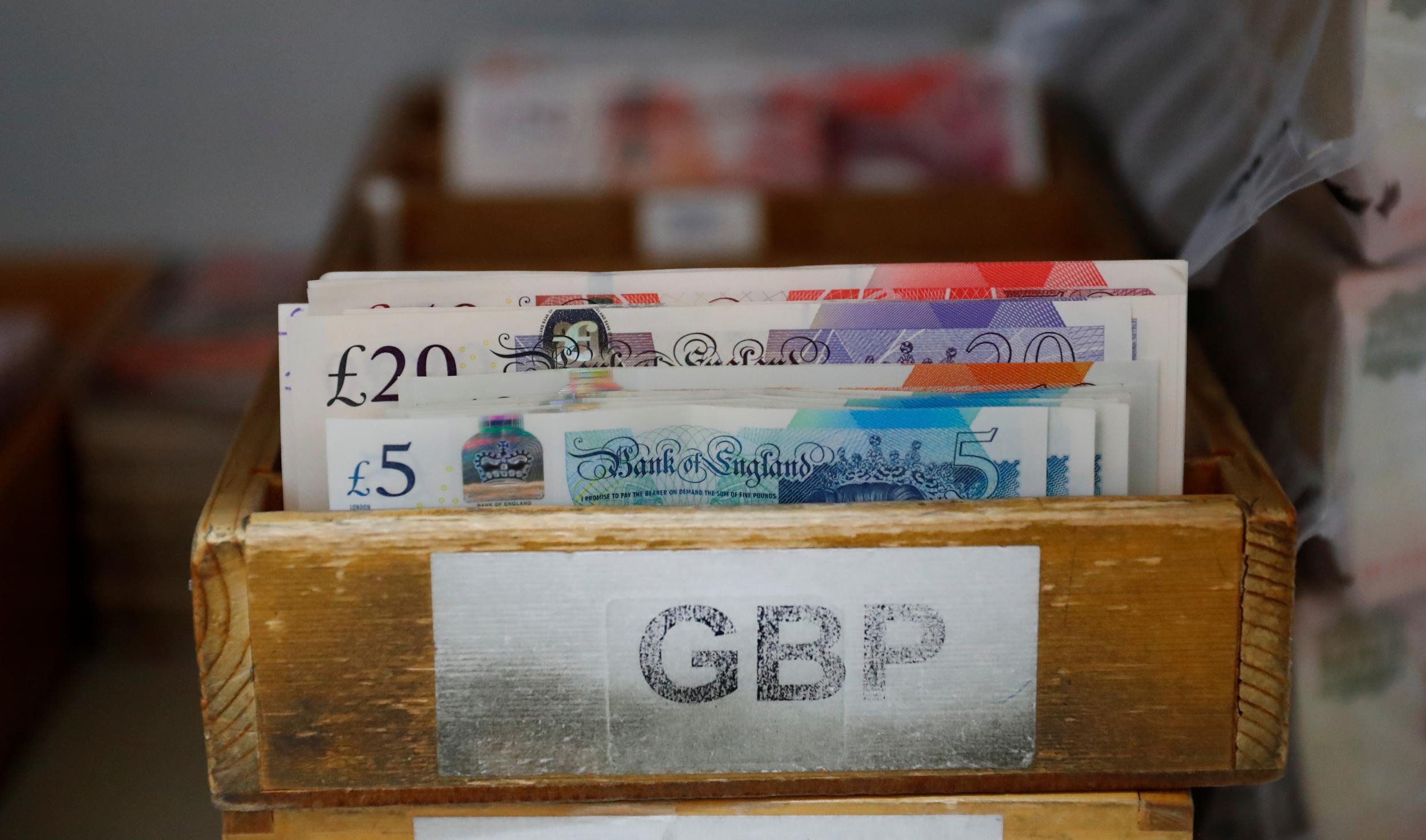Cashless society looms as debit cards jump into lead
UK Finance says card based payments outstripped cash for the first time in 2017, a year ahead of forecasts, but it's important that people who still want to use cash aren't left behind

Your support helps us to tell the story
From reproductive rights to climate change to Big Tech, The Independent is on the ground when the story is developing. Whether it's investigating the financials of Elon Musk's pro-Trump PAC or producing our latest documentary, 'The A Word', which shines a light on the American women fighting for reproductive rights, we know how important it is to parse out the facts from the messaging.
At such a critical moment in US history, we need reporters on the ground. Your donation allows us to keep sending journalists to speak to both sides of the story.
The Independent is trusted by Americans across the entire political spectrum. And unlike many other quality news outlets, we choose not to lock Americans out of our reporting and analysis with paywalls. We believe quality journalism should be available to everyone, paid for by those who can afford it.
Your support makes all the difference.The cash free society is looming ever larger if the latest figures from UK Finance, a banking and finance industry trade body, are to be believed.
Some 13.2bn payments were made by cards in 2017, overtaking cash (13.1bn) for the first time. That represents a significant milestone, one that has arrived a year ahead of forecasts.
Cash based payments fell by 15 per cent in total with the growth in card use fuelled by the booming popularity of contactless payments.
Almost two thirds of Britons are now making use of them, with the number having doubled in less than a year.
Consumers are increasingly comfortable with the new methods of payment opened up by technology, particularly younger consumers. Businesses have responded, with an increasing number of smaller ones accepting card based payments.
Those that don’t risk losing their businesses. Some 3.4 million consumers have all but stopped using cash entirely.
Britain is still a long way behind Sweden, where just 2 per cent, and falling, of the total value of transactions is accounted for by cash and where more people have access to a card than to notes and coins.
But it is moving in that direction, which highlights the need for a debate about the implications, like the one that is taking place in Sweden at the moment.
For a start, not everyone wants to go digital, and not everyone can; groups such as elderly people and refugees for example. It also poses challenges to certain forms of activity. How does busking, for example, work in a cashless society?
Earlier this year, Sweden's Riksbank (the country's central bank) governor Stefan Ingves warned that an entirely cash free society would put the responsibility for payments in the hands of a rather small number of commercial players. This, he suggested, could pose a threat to the payments infrastructure. A cashless Sweden might find itself ill-equipped to deal with a crisis. Its government is having to explore methods of dealing with the problem.
Two recent IT snafus demonstrate the problems that come with people's increasing reliance on cards and technology for payments and financial services. A “hardware failure” at Visa caused chaos across the UK and Europe as people were prevented from using their cards. Terrible problems, meanwhile, ensued when TSB moved to a new IT system, leaving its customers unable to access online banking, and worse.
Cards rely on IT and IT inevitably causes problems.
Over the next decade the decline in the use of cash is expected to be rapid, with the number of payments made with it set to fall to 6.4bn in 2017, or 16 per cent of the total.
We aren’t going to see signs like the ones in Sweden that say “cash not accepted” outside retailers, which have partly been facilitated by a quirk of that country’s legal system.
Still, there are 2.2m people who, despite having access to cards, still prefer to use cash. A priority for regulators should be to ensure that they aren't left behind as the pace of change increases.
Join our commenting forum
Join thought-provoking conversations, follow other Independent readers and see their replies
Comments